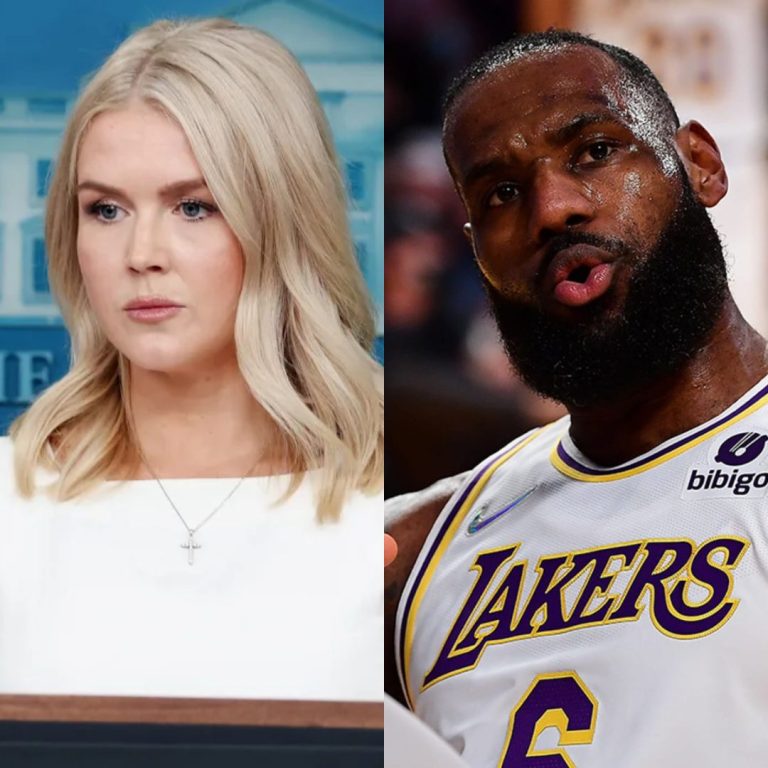In a move that has sent shockwaves through the entertainment industry, CBS announced on July 17, 2025, that The Late Show with Stephen Colbert will conclude its run in May 2026, marking the end of the iconic late-night franchise that has been a staple since 1993. The network cited budget cuts and the evolving financial challenges of late-night television as the primary reasons for not renewing Colbert’s contract, which expires at the end of the 2025-2026 broadcast season. However, this explanation has been met with widespread skepticism from fans, industry insiders, and even former collaborators, who suspect deeper motives tied to corporate influence and political pressures.
CBS executives have repeatedly emphasized that the decision was “nothing personal,” pointing to broader economic pressures facing broadcast networks. Paramount Global, CBS’s parent company, has been grappling with declining ad revenues and the rise of streaming platforms, which have fragmented audiences and made traditional late-night formats less profitable. A CBS spokesperson stated, “We consider Stephen Colbert one of the greatest talents in television history, but the realities of the market require tough choices.” Despite this, online forums and social media erupted with doubt, with many viewers accusing the network of using “budget cuts” as a smokescreen for censoring Colbert’s sharp political satire, which has often targeted powerful figures and institutions.

The controversy gained significant momentum when Jon Batiste, the Grammy-winning musician and former bandleader for The Late Show, weighed in during an interview with Rolling Stone AU/NZ on August 10, 2025. Batiste, who spent seven years alongside Colbert from 2015 to 2022, didn’t hold back. “What happened to my friend Stephen is a symptom of big money,” he told the outlet. “We’re in a time where the right price can silence the voice of free speech, which we should be very, very conscious of.” Batiste expressed gratitude for his time on the show and optimism about Colbert’s future, adding, “I’m very grateful to him and I think where he goes next, his voice won’t be silenced. The voice of free speech is challenge, and challenge is what makes us grow.” His comments, coming from someone so closely associated with the program, amplified suspicions that Colbert’s unapologetic takedowns of political figures—particularly during election cycles—may have become too risky for corporate overlords wary of backlash from advertisers or regulators.
This isn’t the first time late-night TV has faced accusations of corporate meddling. Jon Stewart, the legendary host of The Daily Show and a mentor figure to Colbert, reacted strongly on his podcast The Weekly Show shortly after the announcement. On July 24, 2025, Stewart ripped into CBS and Paramount, describing the cancellation as part of a “chilling effect” on media. “What a fing week,” he exclaimed, before lambasting corporations for “bending the knee” to external pressures. “Late-night TV is a struggling financial model. We’re all basically operating a Blockbuster kiosk inside of a Tower Records,” Stewart quipped, but his tone turned serious as he called the decision “fing wrong.” Stewart, who has long critiqued corporate greed and media consolidation, warned that such moves threaten the independence of satirical voices. In a separate segment on The Daily Show on July 21, 2025, he urged corporations and advertisers to “sack up” and stand by bold content rather than caving to fears of reprisal.

Adding to the chorus of concern is David Letterman, the original host of The Late Show from 1993 to 2015, whose innovative style paved the way for modern late-night satire. Letterman, now largely retired but still influential, slammed CBS in a statement on July 26, 2025, calling the cancellation “gutless” and “cowardly.” In an interview with The Hill, he expressed support for Colbert, saying the decision reeks of political motivation amid a climate where networks are increasingly cautious about offending powerful interests. “This isn’t about budgets; it’s about backbone,” Letterman reportedly told friends, echoing sentiments he shared in a broader critique of corporate influence on television. In a follow-up blast via The Movie Blog on July 27, 2025, Letterman accused CBS and its new owner Skydance Media of prioritizing profits over free expression, warning that “silencing voices like Colbert’s sets a dangerous precedent.” Letterman’s legacy includes disrupting traditional TV formats, and he has historically spoken out against corporate constraints, noting in past interviews how they stifle creativity and honesty.
The broader implications of Colbert’s departure extend beyond one show. Late-night television, once a bastion for unfiltered commentary, is undergoing a seismic shift. With declining viewership—The Late Show averaged around 2.5 million viewers per episode in recent seasons, down from peaks of over 4 million—networks are reevaluating their commitments. Critics argue this is exacerbated by corporate consolidation; Paramount’s merger activities and cost-cutting measures have led to layoffs and program cancellations across the board. Moreover, in an era of heightened political polarization, shows like Colbert’s, which earned Emmy nominations for its incisive coverage of events like the January 6 hearings, may be seen as liabilities.
Viewer reactions have been fervent. On Reddit, threads like those in r/entertainment and r/blankies exploded with discussions, with users speculating that the cancellation ties into broader efforts to “de-fund” public and satirical media, especially after political figures called for cuts to outlets like PBS and NPR. One commenter noted, “Colbert’s been too vocal on issues like climate change and democracy—big money doesn’t like that.” Social media hashtags like #SaveColbert and #CorporateCensorship trended, amassing millions of impressions.

Rumors have also swirled about Colbert’s next move. A false claim that he signed a deal with Netflix circulated briefly but was debunked by Newsweek on September 1, 2025. Instead, industry insiders suggest Colbert might pivot to streaming or podcasting, where creative freedom is greater. Batiste, in his interview, predicted a bright future: “Stephen’s voice is too important to fade away.”
As the final season approaches, the debate intensifies. Is this truly about economics, or a symptom of corporate America tightening its grip on media narratives? With voices like Batiste, Stewart, and Letterman amplifying the call for transparency, Colbert’s farewell could indeed become the most debated in late-night history. One thing is certain: the demand for answers—and for uncensored satire—shows no signs of quieting down. In Stewart’s words, it’s time for media giants to confront the “chilling effect” before more bold voices are lost.






